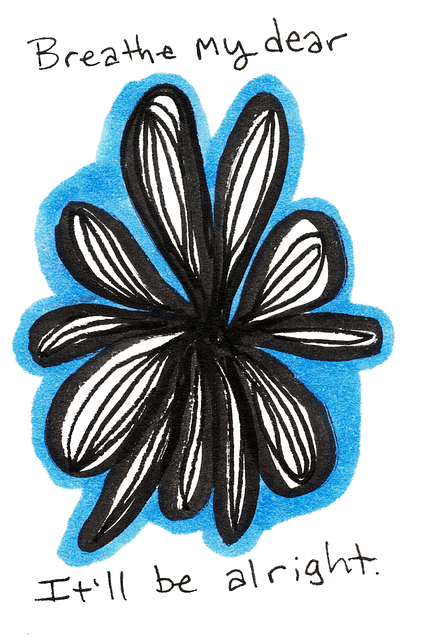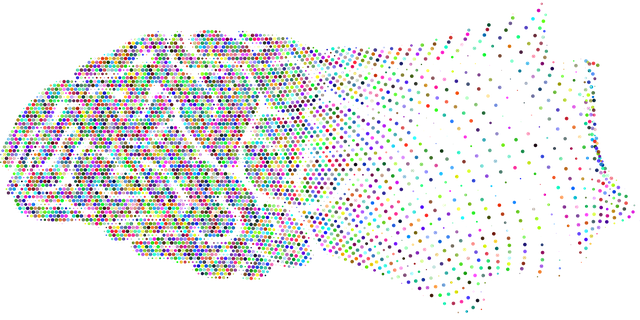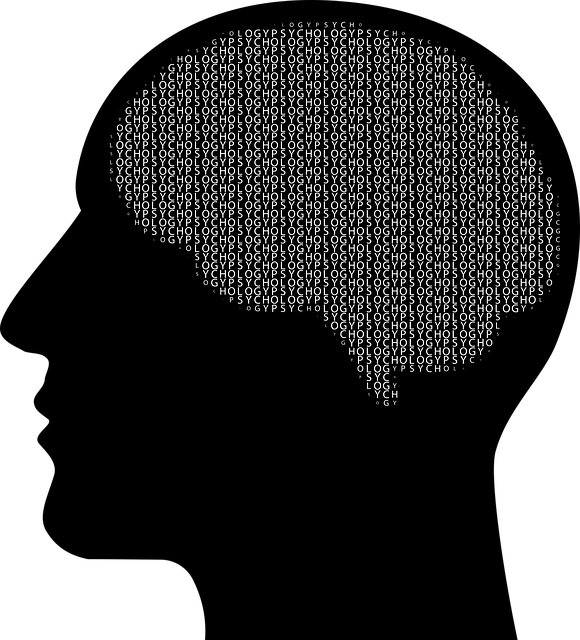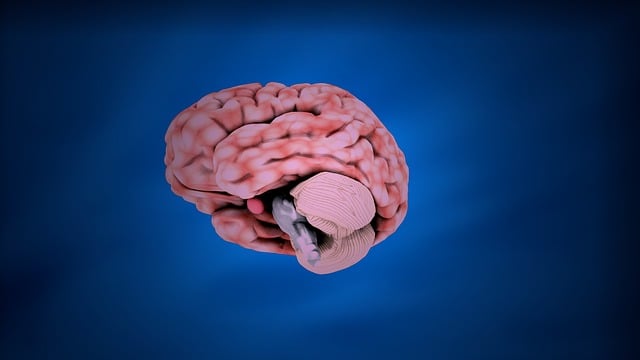Crisis Intervention Teams (CITs), led by professionals from Centennial Women's Issues Therapy, are essential for addressing women's mental health crises. These teams provide immediate support and tailored care, specializing in high-stress situations like domestic violence and suicide attempts. Centennial Women's Issues Therapy advocates for integrating CITs into healthcare to reduce provider burnout and create supportive environments. They offer innovative training that focuses on holistic support tailored for women, including anxiety management, conflict de-escalation, and mindfulness meditation. Their multifaceted curriculum equips teams with the skills to offer immediate, compassionate support during crises. Long-term success requires continuous education, supervision, and peer mentorship, ensuring professionals can effectively manage challenges and make a positive impact in their communities.
“Crisis intervention teams (CITs) play a pivotal role in supporting women’s mental health, especially during acute crises. This article delves into the significance of CIT training programs, highlighting their impact on effective crisis response. We explore ‘Centennial Women’s Issues Therapy’—a comprehensive approach to training that addresses complex challenges faced by women. By examining essential components and implementation strategies, we emphasize the importance of continuous support for long-term success in managing crises and enhancing mental health outcomes.”
- Understanding Crisis Intervention Teams: Their Role and Impact on Women's Mental Health
- Centennial Women's Issues Therapy: A Comprehensive Approach to Training
- Essential Components of Effective Crisis Intervention Team Training Programs
- Implementation and Continuous Support: Ensuring Long-Term Success in Crisis Response
Understanding Crisis Intervention Teams: Their Role and Impact on Women's Mental Health

Crisis Intervention Teams (CITs) play a pivotal role in addressing women’s mental health crises, offering immediate support and long-term resources. These specialized teams, often composed of healthcare professionals, first responders, and community advocates, are designed to intervene in high-stress situations such as domestic violence, suicide attempts, or severe emotional distress. By integrating CITs into the response framework, healthcare systems can provide more holistic care tailored to the unique needs of women facing mental health challenges.
Centennial Women’s Issues Therapy recognizes the significance of these teams in mitigating burnout among healthcare providers and fostering a supportive environment for recovery. The Mental Health Education Programs Design should incorporate CIT training as a core component, equipping professionals with the skills to de-escalate crises effectively. Additionally, promoting Self-Care Routine Development for Better Mental Health within these teams can enhance resilience, prevent burnout, and ultimately improve outcomes for women in crisis.
Centennial Women's Issues Therapy: A Comprehensive Approach to Training

Centennial Women’s Issues Therapy offers a comprehensive approach to crisis intervention team training, focusing on empowering women through holistic support. This program goes beyond traditional crisis management by addressing various women-specific challenges, including anxiety relief, confidence boosting, and conflict resolution techniques. Participants gain insights into gender-related stressors and learn effective strategies to de-escalate situations.
The training curriculum integrates practical exercises, group discussions, and role-playing scenarios to equip team members with the necessary skills. By understanding the unique dynamics of women’s issues, the program enables participants to respond sensitively and appropriately during critical interventions, fostering a supportive environment that promotes healing and growth.
Essential Components of Effective Crisis Intervention Team Training Programs

Effective crisis intervention team training programs are multifaceted, integrating theoretical knowledge with practical skills to prepare teams for real-world challenges. A robust curriculum should encompass key components like Crisis Intervention Guidance, mindfulness meditation techniques, and role-playing scenarios that mimic diverse crisis situations. These elements empower team members to provide immediate, compassionate, and effective support to individuals facing mental health crises or other traumatic events.
Centennial Women’s Issues Therapy recognizes the importance of training programs that foster empathy, resilience, and emotional intelligence. By incorporating best practices in mental wellness promotion and stress management, these programs equip crisis intervention teams with the tools needed to navigate complex situations, de-escalate tensions, and facilitate meaningful recovery. A well-rounded approach that balances theoretical understanding with hands-on experience is vital for building a competent and confident team ready to make a tangible difference in their community.
Implementation and Continuous Support: Ensuring Long-Term Success in Crisis Response

The successful implementation of crisis intervention team (CIT) training programs extends beyond initial education. For long-term success in crisis response, continuous support and ongoing resources are vital. This includes regular refresher courses to keep CIT members updated on best practices and recent developments in mental health care.
Centennial Women’s Issues Therapy recognizes the importance of fostering a culture of resilience among team members. Through supportive supervision and peer mentorship, we promote the development of coping skills and enhance their ability to manage personal stress and challenges. Additionally, our Mental Health Education Programs Design focus on evidence-based strategies for risk management planning, equipping professionals with the tools to navigate complex situations safely and effectively.
Crisis intervention team (CIT) training programs, such as Centennial Women’s Issues Therapy, play a pivotal role in enhancing women’s mental health support. By focusing on comprehensive approaches that integrate various essential components, these programs ensure effective crisis response. Implementation and continuous support are key to long-term success, fostering an environment where women can receive the timely and quality care they deserve. This holistic approach not only addresses immediate crises but also contributes to lasting positive outcomes for those in need.














